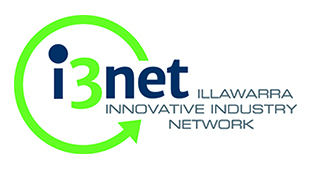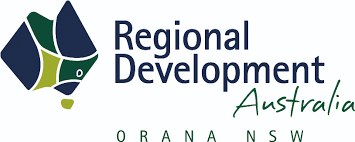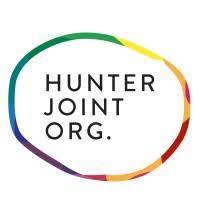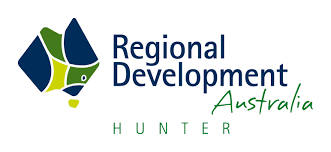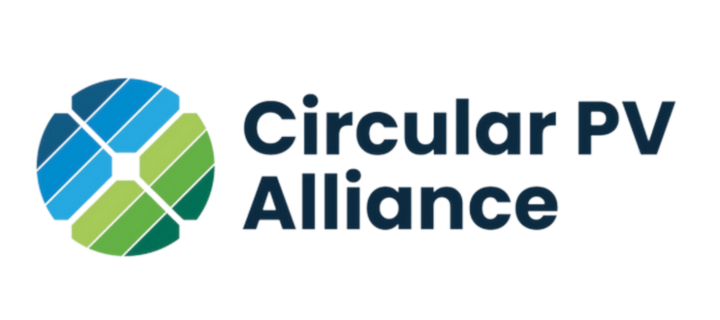Breakthrough sees future hydrogen harvesting cheaper and more sustainable
Scientists show how using only water, iron, nickel and electricity can create hydrogen energy much more cheaply than before.
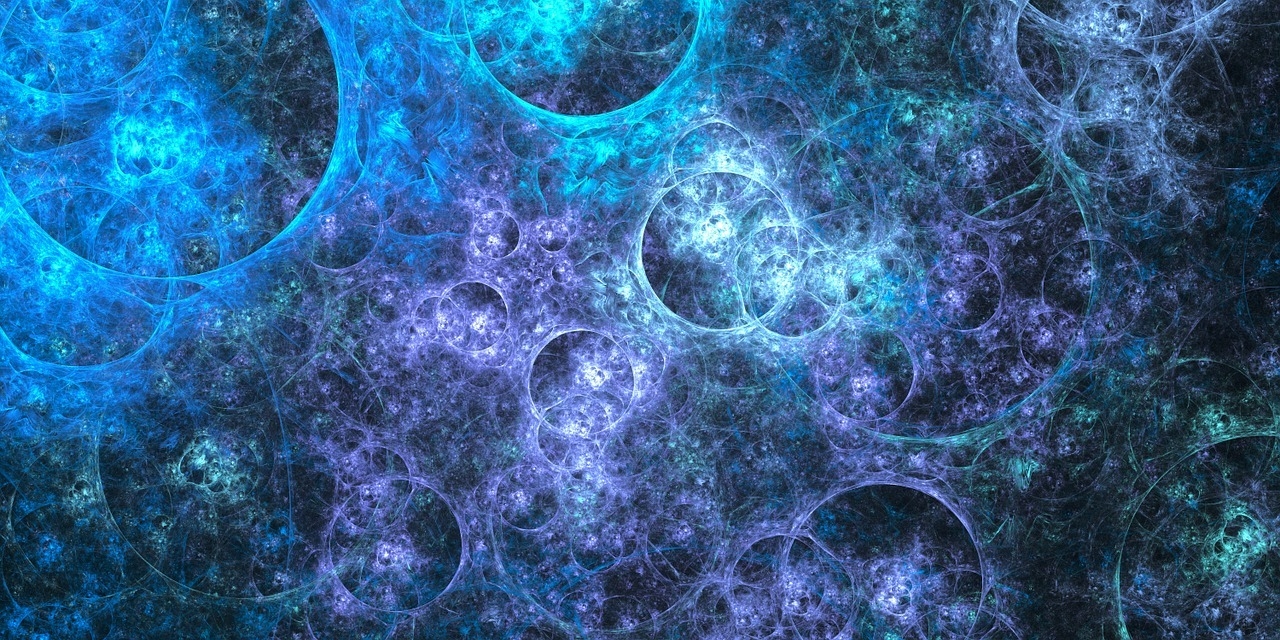
Hydrogen-powered cars may soon become more than just a novelty after a UNSW-led team of scientists demonstrated a much cheaper and sustainable way to create the hydrogen required to power them.
In research published in Nature Communications recently, scientists from UNSW Sydney, Griffith University and Swinburne University of Technology showed that capturing hydrogen by splitting it from oxygen in water can be achieved by using low-cost metals like iron and nickel as catalysts, which speed up this chemical reaction while requiring less energy.
Iron and nickel, which are found in abundance on Earth, would replace precious metals ruthenium, platinum and iridium that up until now are regarded as benchmark catalysts in the ‘water-splitting’ process.
In 2015, Prof Zhao’s team invented a nickel-iron electrode for oxygen generation with a record-high efficiency. However, Prof Zhao says that on their own, iron and nickel are not good catalysts for hydrogen generation, but where they join at the nanoscale is “where the magic happens”.
“The nanoscale interface fundamentally changes the property of these materials,” he says. “Our results show the nickel-iron catalyst can be as active as the platinum one for hydrogen generation.
Prof Zhao says that if the water-splitting technology is developed further, there could one day be hydrogen refuelling stations much like petrol stations today where you could go and fill up your hydrogen fuel-cell car with hydrogen gas produced by this water-splitting reaction. The refuelling could be done in a matter of minutes as compared to hours in the case of lithium-battery powered electric cars.
“We’re hoping our research can be used by stations like these to make their own hydrogen using sustainable sources such as water, solar and these low cost, yet efficient, catalysts.”
Read the research paper by authors: Bryan Suryanto (UNSW), Yun Wang (Griffith), Rosalie Hocking (Swinburne), William Adamson (UNSW) and Chuan Zhao (UNSW) here.


